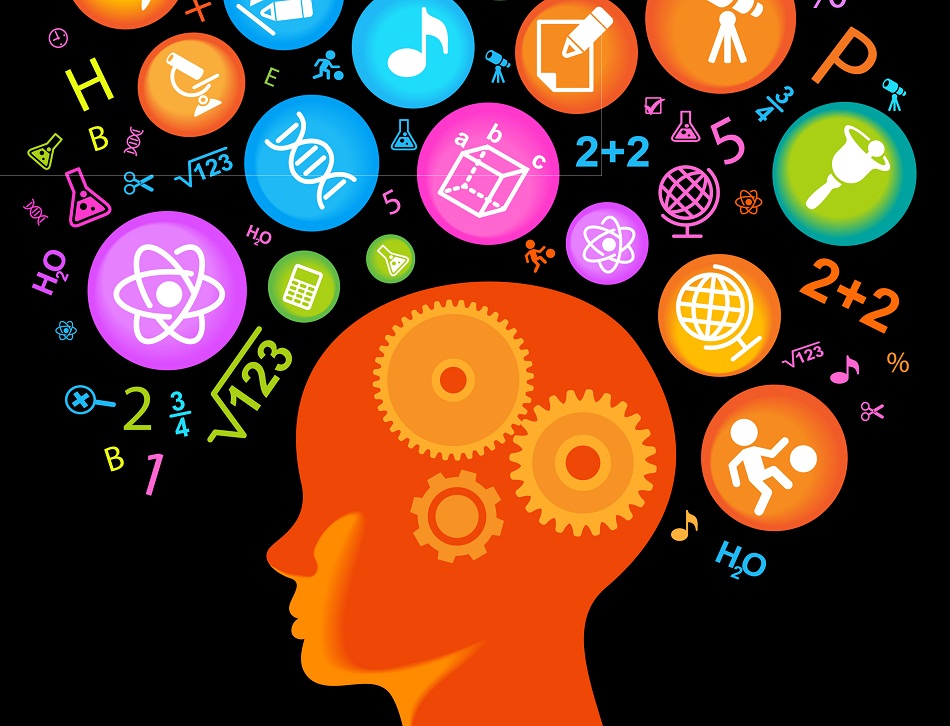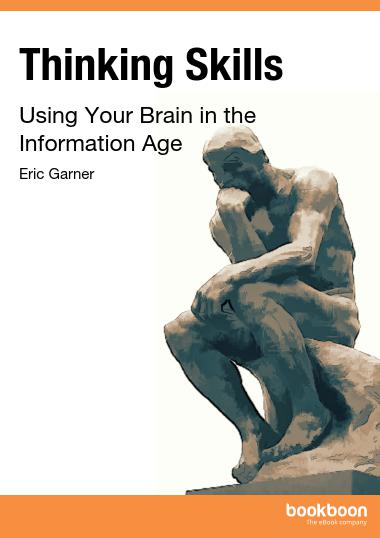Did you know about these 7 ways to improve your memory?

Most of us complain at some time about our poor memories – especially when we forget things that are important, such as birthdays, anniversaries and meetings. But it is not memory that lets us down. Our brains remember everything we have ever experienced; we know this from near-death experiences, hypnosis and feelings of déjà vu. What is at fault is our ability to recall.
Here are 7 ways we can help our ability to recall facts and experiences of the past.
1. Synaesthesia
Synaesthesia is the association of memory with our senses. Dr Frank Staub of Yale University demonstrated that you can easily improve your memory when you link the things you want to remember with a memorable sight, sound, feeling, taste or smell. In one experiment, he wafted the aroma of sweet chocolate over a group of students who were preparing for an exam. On the day of the exam, he released the same aroma while the students were taking the exam. The result was that these students out-performed everyone else.
2. Landmarks
The reason why synaesthesia works is because what we want to recall is associated with a striking landmark. Landmarks don’t have to be limited to the five senses. They can be anything emotional, shocking, funny, unexpected, silly, embarrassing, or outrageous. That’s why people can recall precisely what they were doing at the time of shocking news events, such as the assassination of John Kennedy or the death of Diana, Princess of Wales. It’s also why we never forget our first day at school, a beautiful romantic holiday, and our first teenage kiss.
3. The Peg System
The peg system is a great way to remember a sequence of numbers, for example the phone number 302187. All you do is give each number a rhyming “peg” word and then make up a crazy, silly or exaggerated story about it with the words in the right order. So, let’s say 3 = knee, 0 (nought) = wart, 2 = glue, 1 = sun, 8 = gate, and 7 = heaven. We could then make up the following story: “First I wrote the phone number on my knee around a wart. I put some glue on it to keep it in place. Suddenly the sun came out, so I went out the gate and found myself in heaven.” Try it. You’ll find the story is always easier to remember than the numbers.
4. Rhymes
Rhymes help us remember that “In fourteen hundred and eighty two, Columbus sailed the ocean blue” (and discovered America); that “i before e, except after c” (for spelling words like “believe” and “receipt”); and that “30 days hath September, April, June and November…” (for remembering the days of the months).
5. Mnemonics
Rhyming words like these are known as mnemonics, after the Greek goddess of memory, Mnemosyne. Another type of mnemonic is associating letters with names in a certain sequence. So, “My Very Educated Mother Just Served Us Nine Pizzas” will instantly help you remember the sequence of the nine planets of the solar system, simply be looking at the first letters of each word. Making the sequence: Mercury, Venus, Earth, Mars, Jupiter, Saturn, Uranus, Neptune, and Pluto. The great thing with mnenonics is that you can make up your own sentences and make them as silly as you want (remember, silly is memorable).
6. Remembering people’s names
The idea of associating something we want to remember with personal, silly, or funny associations is the key to remembering people’s names. Let’s say you’re introduced to a Mr Lazenby. All you need to do is picture him lazing on a summer’s day on a B road and you’ll remember his name. Similarly, a Mrs Pakenham could be imagined packing ‘em in in a fish factory. The reason why these associations work is that you’re using both sides of your brain. Your left brain holds the name. Your right brain remembers the silly image. Together they help you recall.
7. Repetition
One of the important keys to all these memory tricks is repetition. When we first collect a new piece of information, it goes straight into our short-term memories. This can only take 8 seconds. The trouble is, the short-term memory is a holding area for new information and unless we move stuff out, it will quickly be replaced with newer information. Moving information out means moving it into our long-term memories where it can remain indefinitely. The problem here is, it can take anything up to 6 hours to get something firmly embedded. And that’s where repetition, review, and replay come to the rescue.
Some scientists regard memory as the Rosetta Stone of the brain: the key that unlocks all the secrets of the mind. In an age of information, where most people are knowledge workers of one sort or another, having a good memory and being able to make the most of what you know isn’t just nice to have; it is essential.




